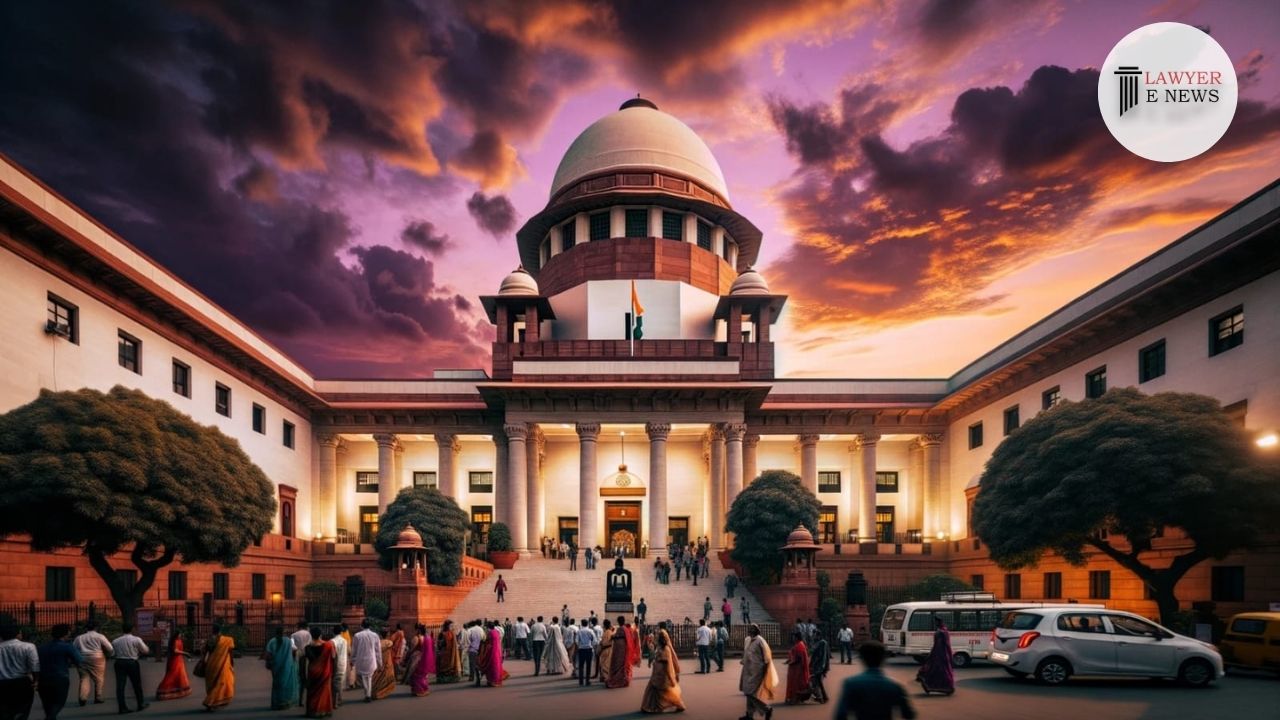-
by Admin
15 February 2026 2:36 AM



In a significant ruling, the Supreme Court of India has reinforced the doctrine of lis pendens under Section 52 of the Transfer of Property Act, 1882, which mandates that any transfer of property during the pendency of litigation is generally voidable and contingent on the outcome of the case.
The matter pertains to an appeal against the Punjab and Haryana High Court’s decision that reversed lower courts’ findings and dismissed a suit for specific performance regarding a property transaction between Chander Bhan (the appellant, represented posthumously through Sher Singh) and Mukhtiar Singh along with others (respondents). The contention revolved around whether the transactions conducted during the pendency of an injunction suit were valid and whether the subsequent purchasers could be considered bonafide under Section 41 of the Transfer of Property Act.
Doctrine of Lis Pendens: The Supreme Court highlighted that transactions executed after the imposition of a temporary injunction fall squarely within the ambit of lis pendens, rendering any subsequent transactions voidable. Justice Sudhanshu Dhulia noted, “the integrity of judicial processes must be upheld, and litigants cannot undermine it through subsequent transactions.”
Status of Bonafide Purchasers: In scrutinizing the High Court’s assessment that respondents 1 and 2 were bonafide purchasers, the Supreme Court underscored that such a status is untenable when the purchase violates established principles of lis pendens. “Being unaware of litigation does not confer bona fide status to purchasers if the transaction itself is mired in legal proceedings,” Justice Dhulia remarked.
Impact of the Temporary Injunction: The apex court criticized the High Court’s interpretation and emphasized that the temporary injunction was effective from the filing date of the suit, thereby impacting all subsequent transactions.
Adverse Inference Against Respondents: The Supreme Court also supported the lower court’s decision to draw an adverse inference against respondents 3 and 4, who refrained from testifying, reinforcing the importance of direct involvement in the legal process.
The Supreme Court allowed the appeal, setting aside the High Court’s judgment. The decree for specific performance initially issued by the trial court was reinstated, compelling respondent no. 3 to complete the sale agreement in favor of the appellant.
Date of Decision: May 3, 2024
Chander Bhan (D) Through LR Sher Singh vs. Mukhtiar Singh & Ors
